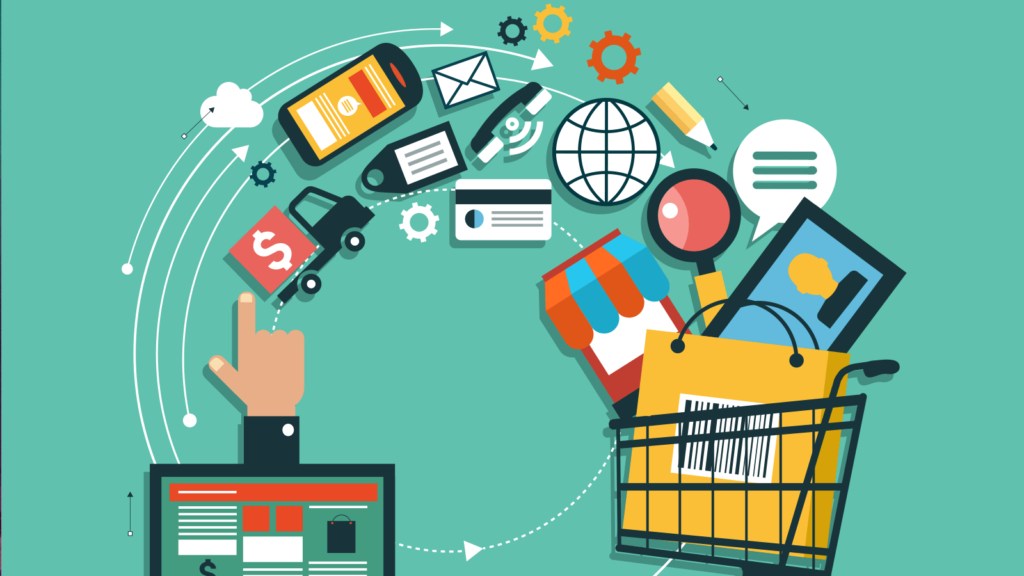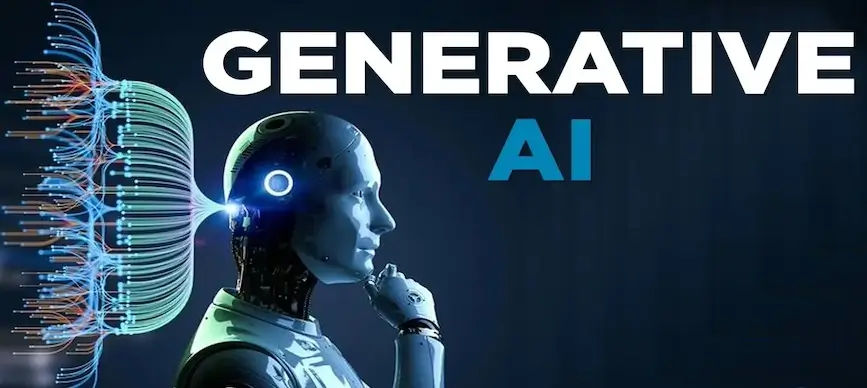Artificial intelligence (AI) is transforming the way e-commerce businesses market to their customers. By leveraging AI-powered algorithms, e-commerce businesses can now create personalized marketing experiences that are tailored to the individual needs and interests of each customer. This can lead to a number of benefits, including increased sales, improved customer satisfaction, and enhanced customer loyalty.
Today, we will explore the different ways to use AI for personalized marketing in e-commerce. We will also cover the benefits of personalized marketing, the challenges of using AI, and best practices for ensuring a successful implementation.
What is personalized marketing in e-commerce?
Personalized marketing in e-commerce is the process of creating and delivering marketing messages that are tailored to the individual needs and interests of each customer. This can be done by taking into account a variety of factors, such as the customer’s purchase history, browsing behavior, and demographic information.
Benefits of personalized marketing in e-commerce
There are a number of benefits to using personalized marketing in e-commerce, including:
- Increased sales: Personalized marketing can help to increase sales by showing customers the products and services that they are most likely to be interested in. For example, an e-commerce store could use AI to recommend products to customers based on their past purchase history or browsing behavior.
- Improved customer satisfaction: Personalized marketing can help to improve customer satisfaction by showing customers that you care about their individual needs and preferences. For example, an e-commerce store could send personalized email newsletters to customers with special offers on products that they are likely to be interested in.
- Enhanced customer loyalty: Personalized marketing can help to enhance customer loyalty by building stronger relationships with customers. For example, an e-commerce store could use AI to create personalized shopping experiences for customers, such as by recommending products that are complementary to the products that they have already purchased.
Related:How to Use AI to Create Personalized Content That Your Audience Will Love

Challenges of using AI for personalized marketing in e-commerce
While there are many benefits to using AI for personalized marketing in e-commerce, there are also some challenges that businesses need to be aware of. These include:
- Data privacy: AI systems need to collect and analyze a lot of user data in order to create personalized marketing experiences. This can raise privacy concerns among users.
- Implementation costs: AI-powered marketing tools can be expensive to implement.
- Complexity: AI-powered marketing systems can be complex to set up and manage.
Best practices for using AI for personalized marketing in e-commerce
When using AI for personalized marketing in e-commerce, it is important to follow these best practices:
- Be transparent about your data collection and usage practices.
- Give users control over their data and personalization settings.
- Use AI to create personalized marketing experiences that are relevant and valuable to your audience.
- Measure the success of your personalized marketing campaigns and make adjustments as needed.
How to use AI for personalized marketing in e-commerce
There are a number of different ways to use AI for personalized marketing in e-commerce. Here are a few examples:
- Use AI to segment your audience: AI can be used to segment your audience into different groups based on their demographics, purchase history, website behavior, and other factors. This will allow you to create targeted marketing campaigns for each group. For example, you could segment your audience by product category, purchase history, or customer lifetime value.
- Use AI to generate personalized product recommendations: AI can be used to generate personalized product recommendations for customers based on their past purchase history, browsing behavior, and other factors. This can help customers to discover new products that they are likely to be interested in. For example, you could use AI to recommend products to customers who have viewed similar products or who have purchased similar products in the past.
- Use AI to create personalized email newsletters: AI can be used to create personalized email newsletters for customers based on their interests and past behavior. This can help to improve customer engagement and click-through rates. For example, you could send personalized email newsletters to customers with special offers on products that they are likely to be interested in or with content that is relevant to their interests.
- Use AI to create personalized landing pages: AI can be used to create personalized landing pages for customers based on their interests and past behavior. This can help to improve conversion rates. For example, you could create personalized landing pages for customers with special offers on products that they have viewed or purchased in the past.
Related:How to Make Better Decisions With Ai Marketing

Example of AI-powered personalized marketing in e-commerce
- Amazon’s product recommendations: Amazon’s product recommendations are powered by AI. Amazon uses AI to analyze the customer’s purchase history, browsing behavior, and other factors to generate personalized product recommendations.
Conclusion
AI can be a powerful tool for creating personalized marketing experiences in e-commerce. By following the best practices outlined in this guide, e-commerce businesses can use AI to increase sales, improve customer satisfaction, and enhance customer loyalty.
image source:https://www.mygreatlearning.com/







